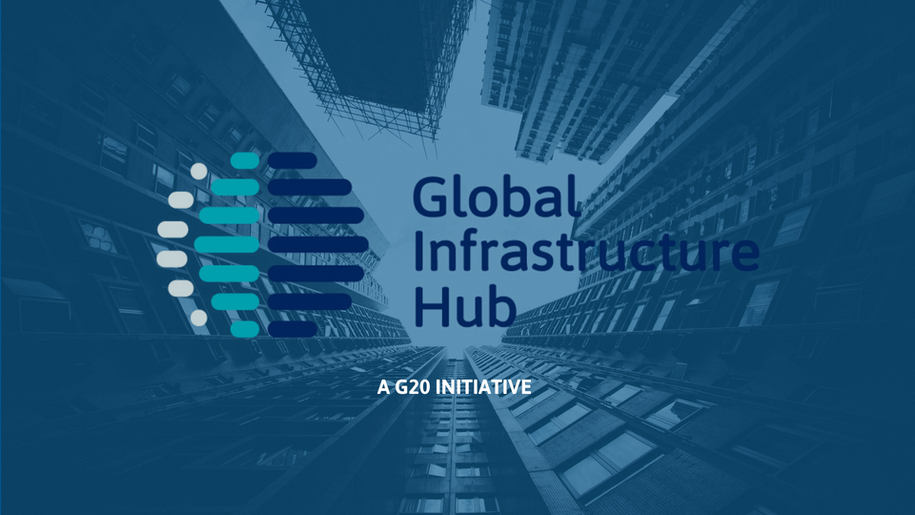934 results found
Featured results



More results
This article reviews five economic shocks that are worsening the bankability of new infrastructure projects, and eight approaches to improve bankability and get projects off the ground.
This brief outlines whyaddressing inefficiencies must be a priority across the entire system of interconnected roads, railroads, ports, and airports, in any given area.

This paper is a collaboration between the World Bank’s Transport Global Practice, the World Bank’s Energy Sector Management Assistance Program (ESMAP) and the International Association of Public Transport (UITP) to assemble evidence, viewpoints, and analysis on eMobility programs.

The objective of the report and the accompanying index is not simply to rank countries, but to use score movements as a benchmark from which to investigate trends, identify successful PPP performers, and focus on the approaches that can facilitate a better understanding of common challenges and best-practice standards.

As 2018 comes to a close, we would like to take this opportunity to thank you for your support this past year. The Global Infrastructure Hub (GI Hub) had an ambitious agenda for 2018 and we are pleased to say that, with the help of our partners and stakeholders, we have been able to achieve some important milestones.
GI Hub was recognised for its work in supporting this Agenda through a library of InfraTech use cases
This paper studies the joint decision to invest in such infrastructure, and retrofit it later, given that future climate damages are uncertain and follow a geometric Brownian motion process with positive drift.

This brief outlines some new technological solutions for energy storage in emerging markets

This report outlines how energy efficiency and water conservation are each important for the delivery of electricity and drinking water.

This document informs EIB s stakeholders - shareholders, borrowers, promoters, partners and civil society organisations - as well as the wider public.

The main objectives of this report are to share information within the World Bank and with its partners and client countries about the World Bank's activities to support open data efforts.

This report leverages the experience of NGFS members and observers, as well as a survey of 25 central banks and 24 financial supervisors, to examine key challenges related to market transparency in green finance - particularly with regard to taxonomies; green external review and assessment; and climate transition metrics, frameworks, and market products. It also aims to inform a broad dialogue with market participants to find potential solutions to policy challenges.

This publication illustartes the EIB's framework for assessing, managing and monitoring environmental and social impacts and risks associated with its operations.

This paper considers three hydropower projects, these are in India, Sri Lanka and Vietnam. The paper looks into the impact of global climate change on these hydropower projects using an autoregressive model on a hydrological series, since hydropower is among the most vulnerable industries to changes in global and regional climate.

The European PPP Expertise Centre's mission is to support the public sector across Europe in delivering better public-private partnerships (PPPs). It shares good practice, assists policy development, and supports PPP project preparation.

This paper presents three different approaches to quantifying postive and negative “additionalities” of cross-border transport infrastructure developments in GMS economic corridors.

The Financial Stability Board (FSB) have published a consultation report on the Evaluation of the effects of financial regulatory reforms on infrastructure finance.
The study evaluates the market, business and financial aspects for the development of telecom broadband access for the EIB's Mediterranean Partner Countries.

Last week Maud de Vautibault, Director of Practical Tools and Knowledge at the Global Infrastructure Hub participated in a roundtable discussion with the World Association of PPP Units and Professionals (WAPPP)



 Infrastructure Monitor policy articles
Infrastructure Monitor policy articles






